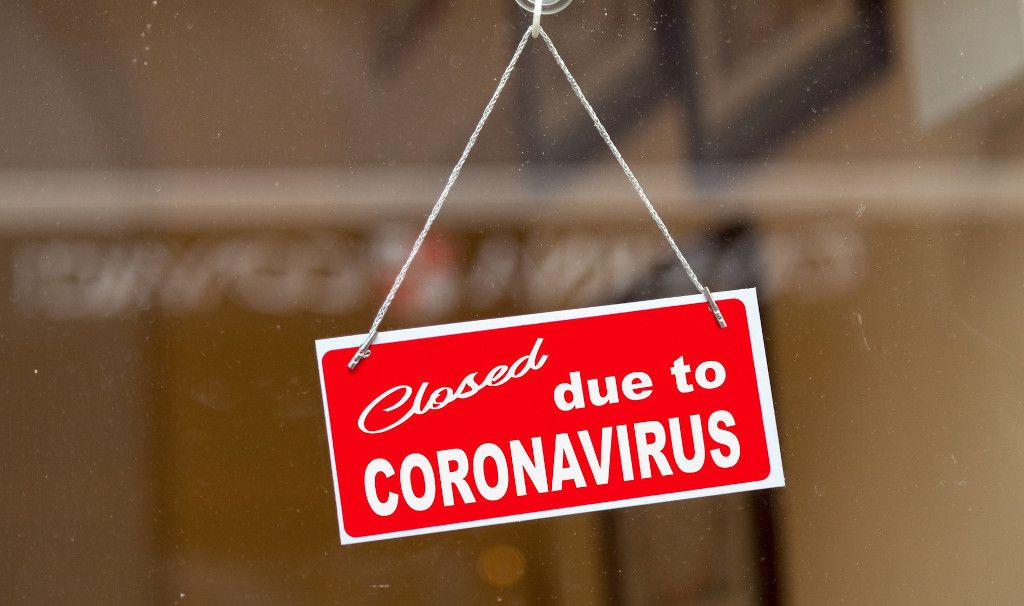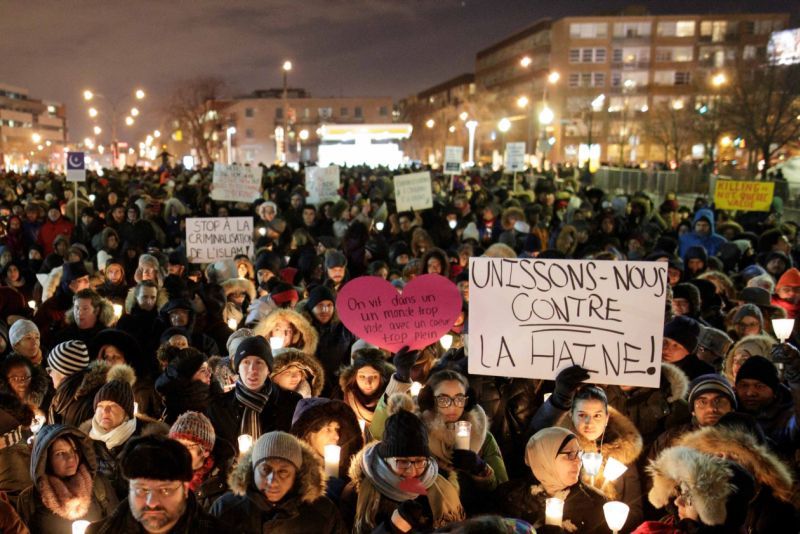Socialist Alternative interviewed Vesna Rosales, a small business owner in the west end of Toronto
SA: Tell me something about yourself and your business.
Vesna: I’ve had a nail and beauty salon business for the last 6 years. I manage it and do some reception work there. I also have an at home travel business as I used to be a fulltime travel agent.
SA: How’s it been doing?
Vesna: The salon is hardly a moneymaker. Basically, it breaks even but that’s without paying myself anything, apart from what’s in the cash at the end of the week. The travel business is OK, not a real moneymaker either, but it keeps me going. I’m lucky that my partner is a retired teacher with a teacher’s pension coming in every month. One of the big shocks of this crisis was to find that, in the space of a month, my investments went down from $96,000 to $78,000. The interest from this was the main source of my monthly income.
SA: When did you close down and why?
Vesna: We closed the salon on March 14. We didn’t have any appointments and in the previous week, things had slowed down with a lot of cancellations. We closed voluntarily because we accepted that we are a non-essential business. At the same time, I had to deal with my travel clients. They were cancelling their trips too. No commission there either despite having done a lot of work in research and preparation.
SA: How many employees do you have?
Vesna: Three
SA: When did they last get paid?
Vesna: Their last pay was March 14, supplemented by 2 days of sick leave.
SA: How will they manage?
Vesna: Well, they are entitled to EI, but it’s been a nightmare getting access to EI for both our employees and ourselves.
SA: You’ve been closed down for two weeks now. How are you covering your bills?
Vesna: We’re not able to. We don’t have money coming in, therefore we can’t pay the rent, nor our utilities, phone, insurance etc.
SA: What has your landlord said about the April rent?
Vesna: Our landlord in “his kindness” said he would reduce the rent for April and May by 25% which comes to $1,900 a month. He tells us that he has to pay his mortgage on the building (there are 20 tenants – 8 business and 12 residential), but we just don’t have the funds to pay anything.
SA: Is there any help coming from the government?
Vesna: Well, the government has announced a 75% subsidy (the initial proposal was for 10%!!) to cover the payroll for small businesses. That’s fine, even though Sweden can manage a 90% subsidy. However, for it to work for us, we’d need to have in our bank account the funds to cover the other 25%.
SA: Isn’t the government offering cheap credit to small businesses?
Vesna: Yes, they’ve also announced up to $40,000 loans from banks that will be interest-free for the first year. The loans will be guaranteed by the government and around $10,000 of those loans may also be forgivable. We don’t need $40,000 but a $15,000 loan would certainly be helpful, especially if $10,000 could be forgiven. This would make a change from 2 years ago when we applied to RBC for a “normal” $10,000 loan and we were turned down on the grounds that, although credit worthy, we hadn’t been with RBC long enough.
SA: How important are small businesses to the economy?
Vesna: Well, I’ve done some research. Out of Canada’s 1,167,978 employer businesses, firms with 1 to 4 employees make up 54% of all private employers. If the groups of employer businesses with 5 to 9 and 10 to 19 employees are included, they account for 86%. 8.2 million of these workers made up 70% of private sector employment in Canada. These figures show how crucial small businesses and their workers are to the economy. Yet in previous crises, it is been the big players like General Motors and Bombardier that have got the subsidies and bailouts.
SA: How difficult is it to run a small business?
Vesna: Operating a small business isn’t easy. 20% of small businesses fail in their first year, 30% fail in their second year, and 50% fail after five years in business. Overall, 70% of small business owners fail in the first ten years in business. Running a business on a day-to-day basis has its positive points, but the economic challenges often outweigh those points.
SA: Any concluding comments?
Vesna: If the government can find the means to inject all these billions into the economy in a time of crisis, they should be able to learn some lessons. In Toronto, commercial rents in some parts of the city have nearly doubled as a result of there being no rent control for business leases. That could easily be fixed by governments. Going beyond the COVID-19 crisis, let’s see it become a permanent policy of granting cheap credit to small businesses. And, of course, onward to a new kind of society.




